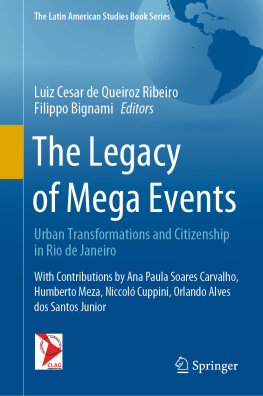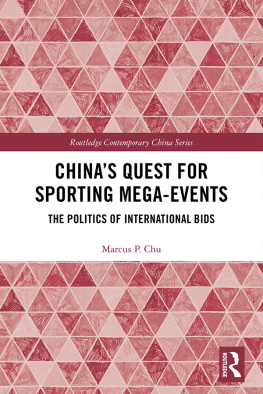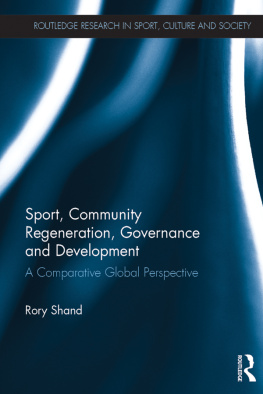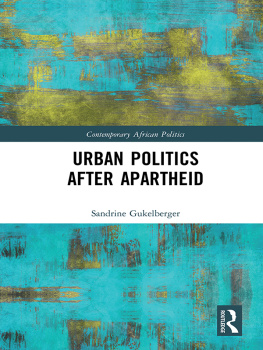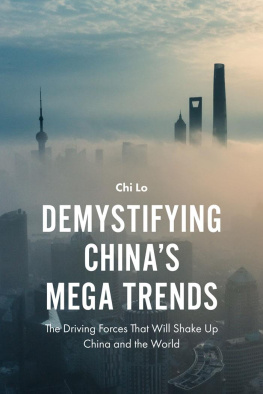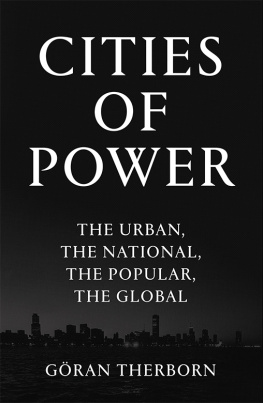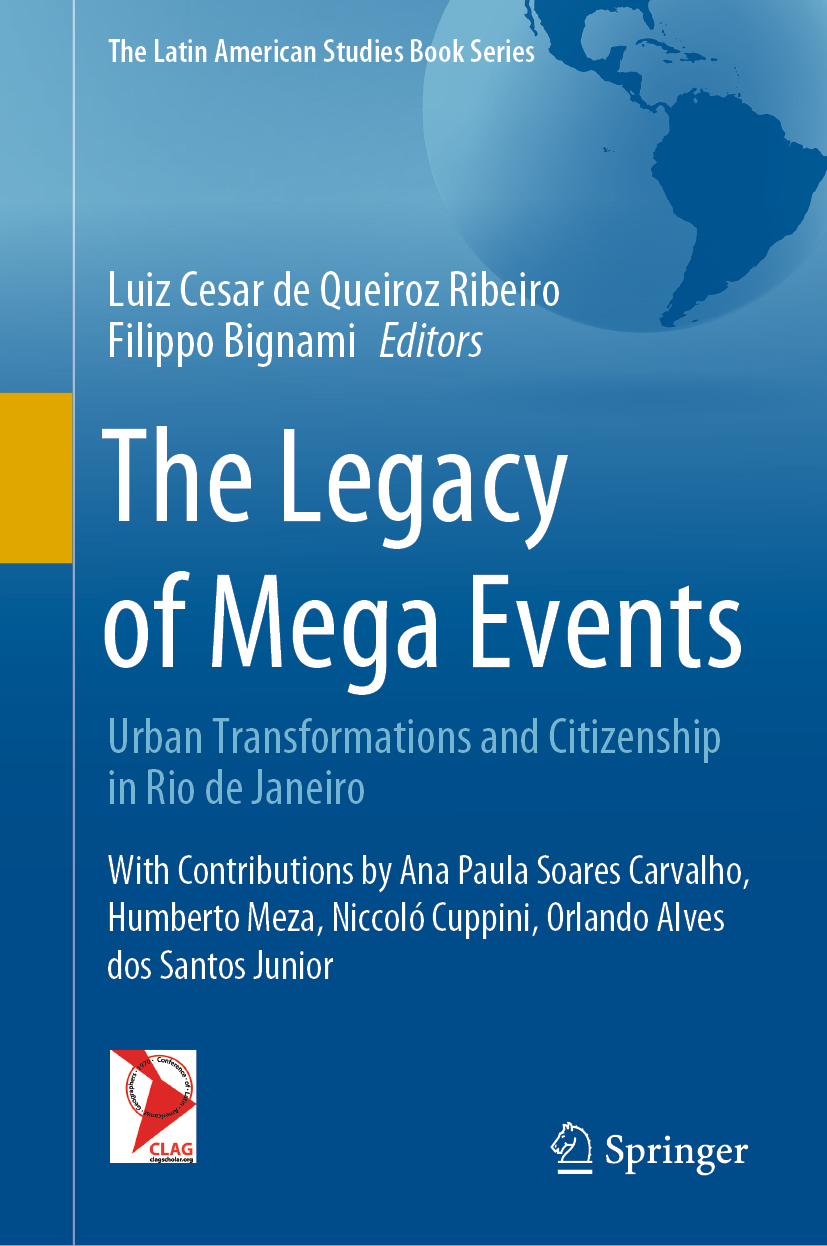The Latin American Studies Book Series
Series Editors
Eustgio W. Correia Dantas
Departamento de Geografia, Centro de Cincias, Universidade Federal do Cear, Fortaleza, Cear, Brazil
Jorge Rabassa
Laboratorio de Geomorfologa y Cuaternario, CADIC-CONICET, Ushuaia, Tierra del Fuego, Argentina
Andrew Sluyter
Louisiana State University, Baton Rouge, LA, USA
The Latin American Studies Book Series promotes quality scientific research focusing on Latin American countries. The series accepts disciplinary and interdisciplinary titles related to geographical, environmental, cultural, economic, political and urban research dedicated to Latin America. The series publishes comprehensive monographs, edited volumes and textbooks refereed by a region or country expert specialized in Latin American studies. promotes quality scientific research focusing on Latin American countries. The series accepts disciplinary and interdisciplinary titles related to geographical, environmental, cultural, economic, political and urban research dedicated to Latin America. The series publishes comprehensive monographs, edited volumes and textbooks refereed by a region or country expert specialized in Latin American studies.
The series aims to raise the profile of Latin American studies, showcasing important works developed focusing on the region. It is aimed at researchers, students, and everyone interested in Latin American topics.
Submit a proposal: Proposals for the series will be considered by the Series Advisory Board. A book proposal form can be obtained from the Publisher, Juliana Pitanguy (juliana.pitanguy@springer.com).
More information about this series at http://www.springer.com/series/15104
Editors
Luiz Cesar de Queiroz Ribeiro and Filippo Bignami
The Legacy of Mega Events
Urban Transformations and Citizenship in Rio de Janeiro
1st ed. 2020
With contributions by Ana Paula Soares Carvalho Humberto Meza Niccol Cuppini Orlando Alves dos Santos Junior

Logo of the publisher
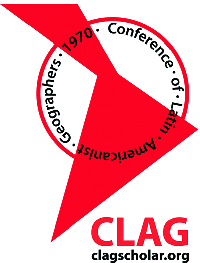
Logo of the publisher
Editors
Luiz Cesar de Queiroz Ribeiro
INCT Observatrio das Metrpoles, Rio de Janeiro, Brazil
Filippo Bignami
University of Applied Sciences and Arts of Southern Switzerland, SUPSI, Lugano, Switzerland
ISSN 2366-3421 e-ISSN 2366-343X
The Latin American Studies Book Series
ISBN 978-3-030-55052-3 e-ISBN 978-3-030-55053-0
https://doi.org/10.1007/978-3-030-55053-0
The Editor(s) (if applicable) and The Author(s), under exclusive license to Springer Nature Switzerland AG 2020
This work is subject to copyright. All rights are solely and exclusively licensed by the Publisher, whether the whole or part of the material is concerned, specifically the rights of translation, reprinting, reuse of illustrations, recitation, broadcasting, reproduction on microfilms or in any other physical way, and transmission or information storage and retrieval, electronic adaptation, computer software, or by similar or dissimilar methodology now known or hereafter developed.
The use of general descriptive names, registered names, trademarks, service marks, etc. in this publication does not imply, even in the absence of a specific statement, that such names are exempt from the relevant protective laws and regulations and therefore free for general use.
The publisher, the authors and the editors are safe to assume that the advice and information in this book are believed to be true and accurate at the date of publication. Neither the publisher nor the authors or the editors give a warranty, expressed or implied, with respect to the material contained herein or for any errors or omissions that may have been made. The publisher remains neutral with regard to jurisdictional claims in published maps and institutional affiliations.
This Springer imprint is published by the registered company Springer Nature Switzerland AG
The registered company address is: Gewerbestrasse 11, 6330 Cham, Switzerland
Acknowledgement
Prof. Luiz Cesar de Queiroz Ribeiro and Dr. Filippo Bignami as General Editors thank Ana Paula Soares Carvalho, Humberto Meza, Niccol Cuppini and Orlando Alves dos Santos Junior for their contributions as co-editors of this book.
About This Book
This book is originated from the action research project titled Urban Regimes and Citizenship: A Case Study for an Innovative Approach carried out by the National Institute of Technology and Science (INCT)/Observatrio das Metrpoles, headquartered in the Urban and Regional Planning and Research Institute (IPPUR) of the Federal University of Rio de Janeiro (UFRJ) and the University of Applied Sciences of Southern Switzerland (SUPSI), Department of Economics, Health and Social Sciences (DEASS). Pontifcia Universidade Catolica do Rio de Janeiro (PUC-Rio) as well actively cooperated in the activities.
The project, started in the end of 2017 with a 2-year duration, is financed by the Swiss National Science Foundation (SNSF) on the Swiss side and by Fundao Carlos Chagas Filho de Amparo Pesquisa do Estado do Rio de Janeiro (Faperj) (Carlos Chagas Filho Foundation for Research Support of the State of Rio de Janeiro) and Conselho Nacional de Desenvolvimento Cientfico e Tecnolgico (CNPq) (Brazilian National Council for Scientific and Technological Development) on the Brazilian side.
The project accomplished its activities with a methodology of action research, allowing a fruitful combination of outcomes, encompassing scientific articles, a module of citizenship education tested in a Rio de Janeiro secondary school, quantitative and qualitative surveys and a video firstly having an educational scope, but as well popular, social and political purposes, available at www.youtube.com/watch?v=l5qiR2bwXl0&t=9s .
Introduction
Luiz Cesar de Queiroz Ribeiro , Filippo Bignami and Orlando Alves dos Santos Junior
Institute of Urban and Regional Planning, Federal University of Rio de Janeiro, Rio de Janeiro, Brazil
University of Applied Sciences and Arts of Southern Switzerland (SUPSI), Lugano, Switzerland
Institute of Urban and Regional Planning, Federal University of Rio de Janeiro, Rio de Janeiro, Brazil
Rio de Janeiro was the scenario where in the decade 20062016 a wave of mega events (FIFA World Cup, Olympic Games, Young Olympics, and others) took place. Now, these glittering events are over, and the big, unexplored, question is: what is happening to the metropolis in consequence of such period? Or in other words, what is the legacy of these mega events for the city?
Much attention has been devoted to the process of planning, hosting, and organizing these events. Studies and analyses exist on the pre-mega events, but the post-mega events have not yet been probed exhaustively. A multidisciplinary glance at the legacy of the wave of a decade of mega events is the gap that this book aims to bridge in the case of Rio de Janeiro. This collective work, being both an outcome of the above-described project and a wider reflection done by academics in a multidisciplinary approach, aims to identify the key drivers of urban evolution in relation to the mega events hosted in Rio in the last decade, and to enlighten the framework and the impact that emerged after them. The main theories adopted in the project originating this book are urban regimes (Savitch and Kantor 2002) and citizenship (Isin 2008; Sassen 2005; Walzer 1989; Dagger 1997; Rawls 2005), aiming to deepen the evolution of the urban transformation in the city featuring the decade of mega events, linked with key aspects of citizenship, such as social and political conditions hampering or enabling processes of inclusion and exclusion, with a specific glance at the role of citizenship education.

